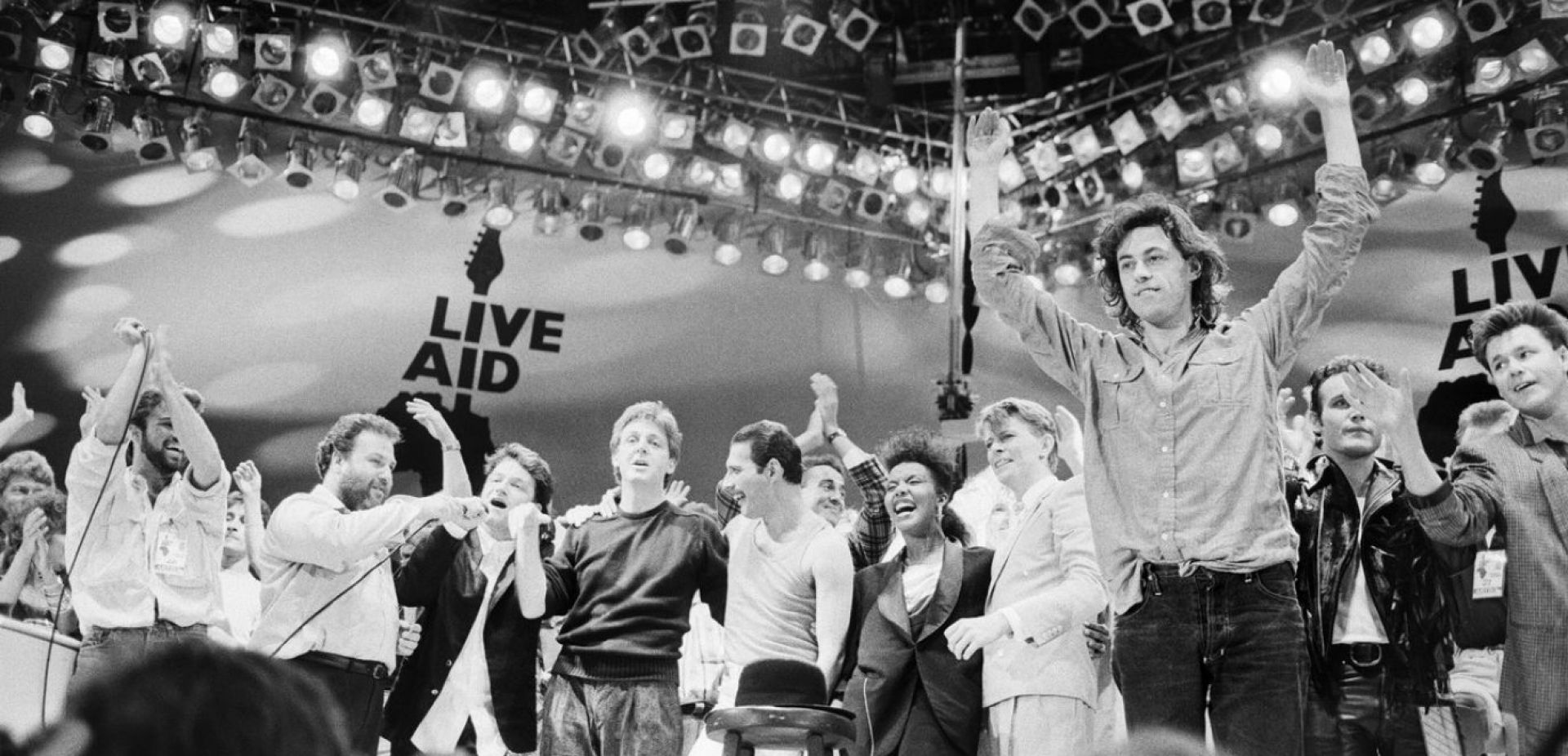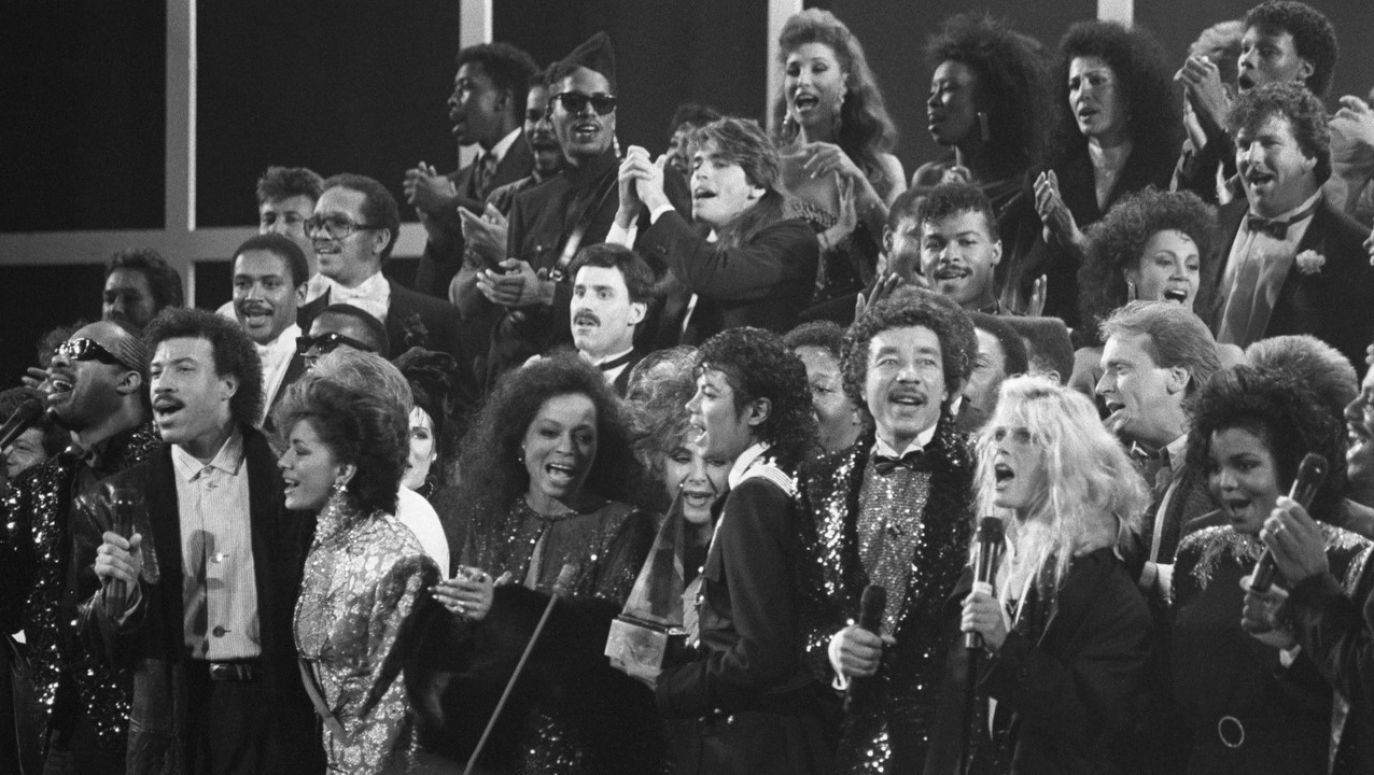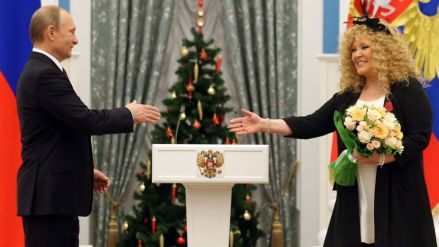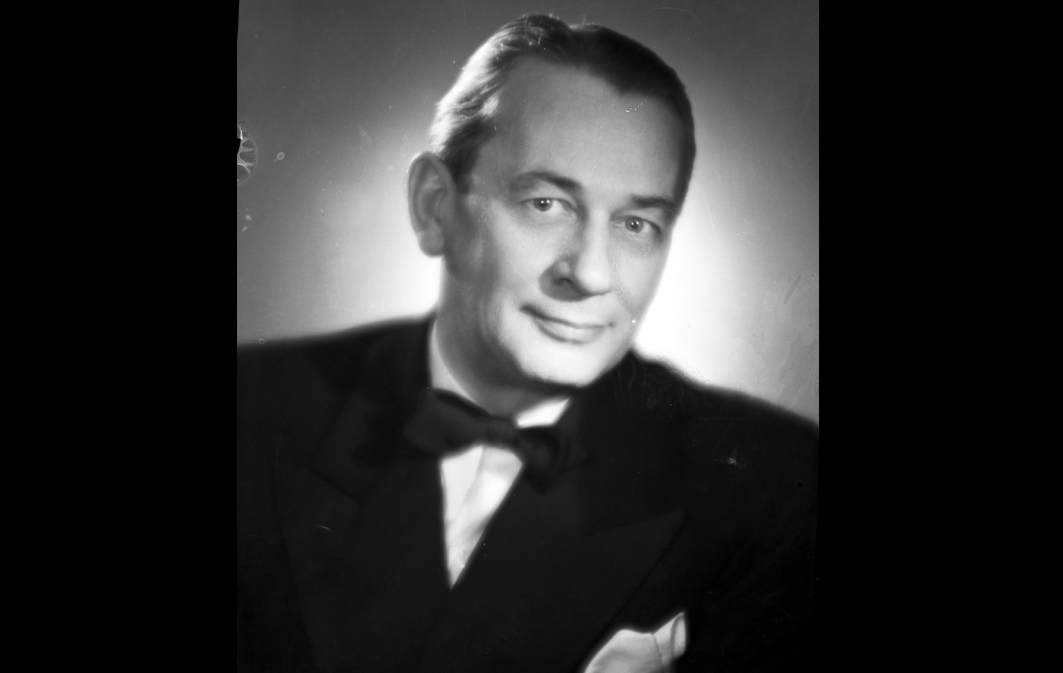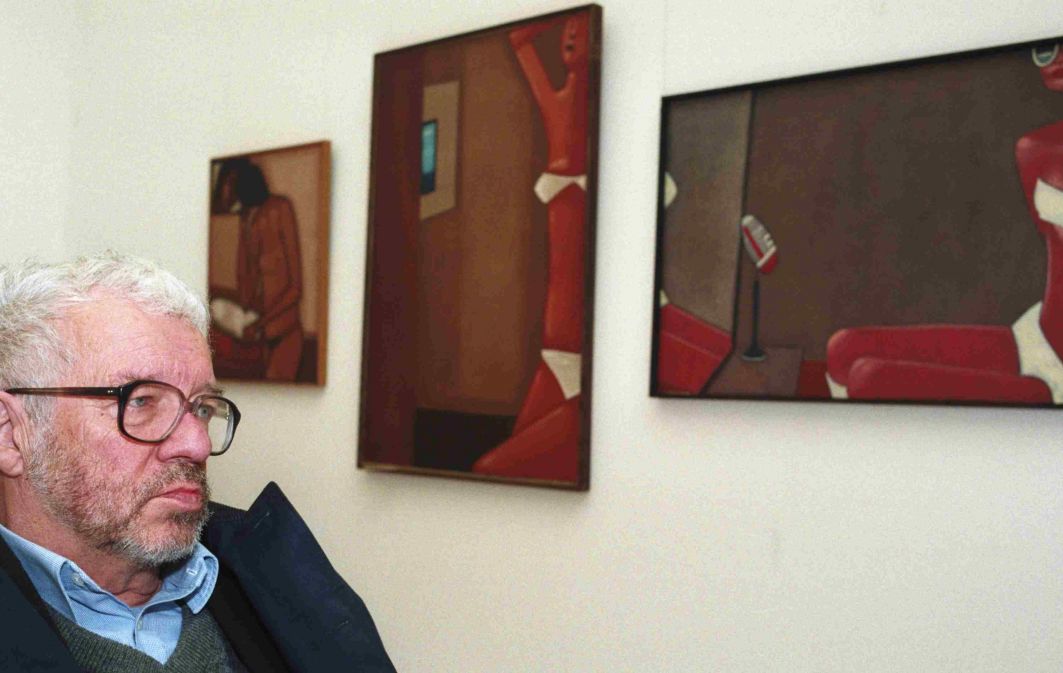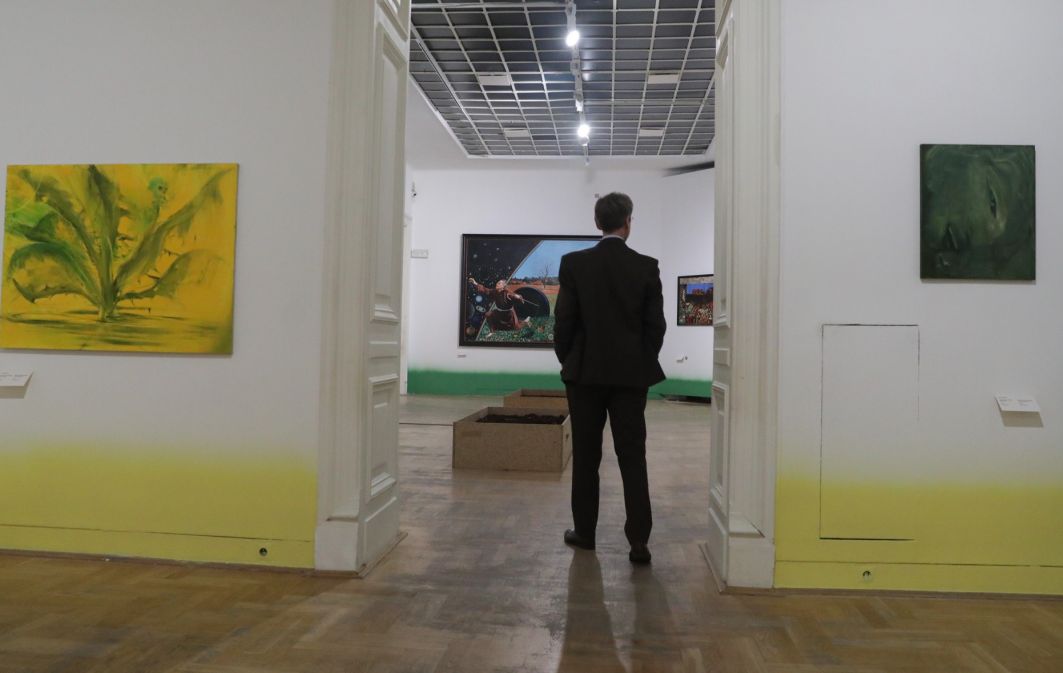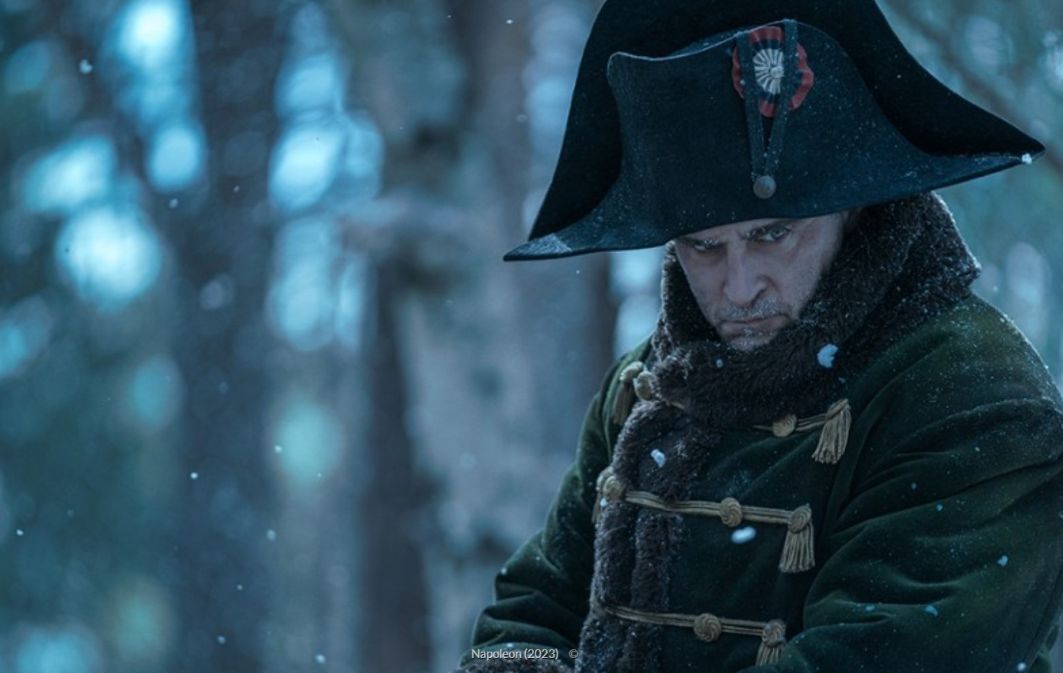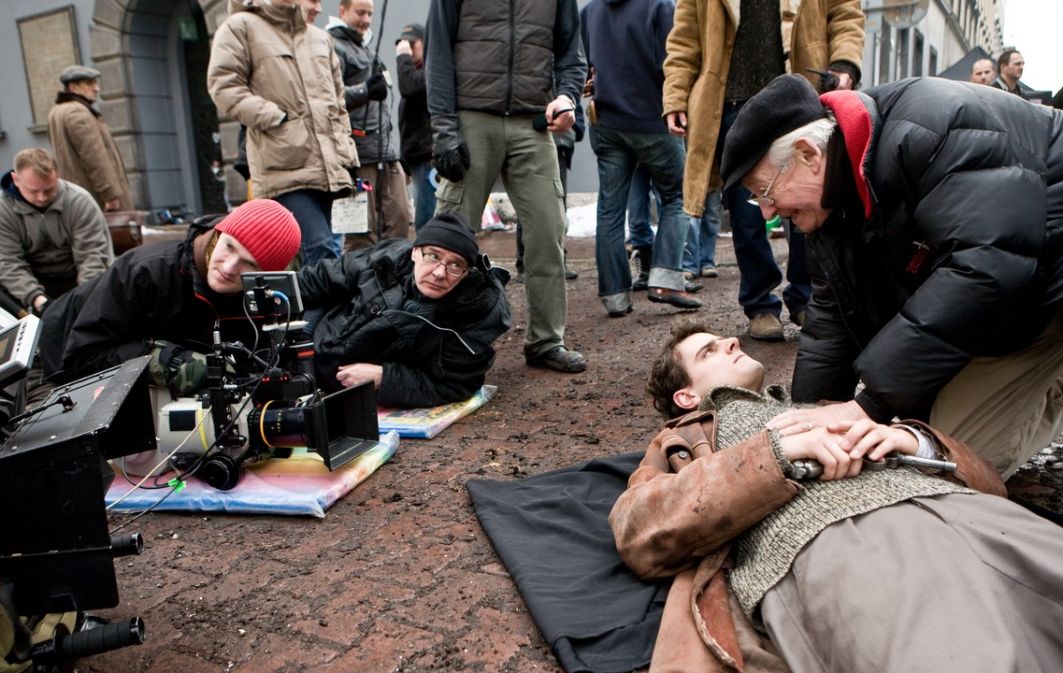In the past, popular music could be a catalyst for political and social change. Artists who were mega stars rolled up their sleeves and went to battle when they perceived international events to be immoral. They did it in various ways: they rebelled, organized spectacular concerts, composed special pieces and performed them together, recording special music videos, actively supporting charitable works. Russia’s invasion of independent Ukraine, however, did not evoke similarly effective and widely discussed reactions.
It's characteristic, considering the fact that the symbolic moment in which rock music, anti-war rhetoric and striving for social change, was the Woodstock festival in 1969, which took place under anti-Vietnam War banners and to a certain extent (according to some – significantly) contributed to its end. So Woodstock became the personification of the ethos of rock, which later, in various circumstances, was revived.
 WAR IN UKRAINE
WAR IN UKRAINE 
Rock army
The Woodstock phenomenon was of course – besides the political and social aspect – above all, music. And so it was, that the turn of the 1960s and 1970s coincided with the blossoming of rock. In 1969 alone, breakthrough tracks came out like: “Yellow Submarine” and “Abbey Road” by the Beatles, “Nashville Skyline” by Bob Dylan, “Led Zeppelin II” by Led Zeppelin, “In the Court of the Crimson King” by King Crimson and “Got Dem Ol’ Kozmic Blues Again Mama!” by Janis Joplin.
And then a fortunate confluence of events took place – ideas (including the anti-war ones) found an excellent medium in the form of a dynamically developing genre of music, as well as an enthusiastic army created by musicians and their fans. Without knowing to what degree everything that was happening in American counterculture was influenced by Soviet agents, we can say that this entire ferment turned out to be effective in the end, and over the long-term – with far-reaching consequences.
Similar, though on a smaller scale, was punk rock. The sharp edge of the socio-musical revolt was directed against ordinary social norms and the conservative politician, Margaret Thatcher. The wave of customary and aesthetic revolt that rolled through Europe in 1976–1980, and later, through post-punk across the entire 1980s, also ploughed through the mentality of the West.
In one voice
Perhaps the most spectacular act of unity of the world of pop, rock and alternative music, importantly, from the fringes of politics and social life, was a popular movement, which entered history under the name, Live Aid. Despite an element of improvisation, this action was surprisingly well-organized and complementary, as far as the choice of means.
Let’s look back. It’s 1985. Midge Ure (Ultravox) and Bob Geldof (The Boomtown Rats) decide to speak out about the starving residents of Ethiopia. They organize two gigantic charity concerts – at Wembley Stadium in London and JFK Stadium in Philadelphia. It was watched live by 1.5 billion people in 100 countries. The concert featured fragments of the shocking report of Michael Buerk (BBC) dedicated to those starving. Over 150 million British pounds were raised. Earlier, artists organized the issue of their hit singles “Do They Know It’s Christmas (in England) and “We Are the World” (in the US), the proceeds from which (given for aid to Africa to this day), amounts to hundreds of millions of dollars.
